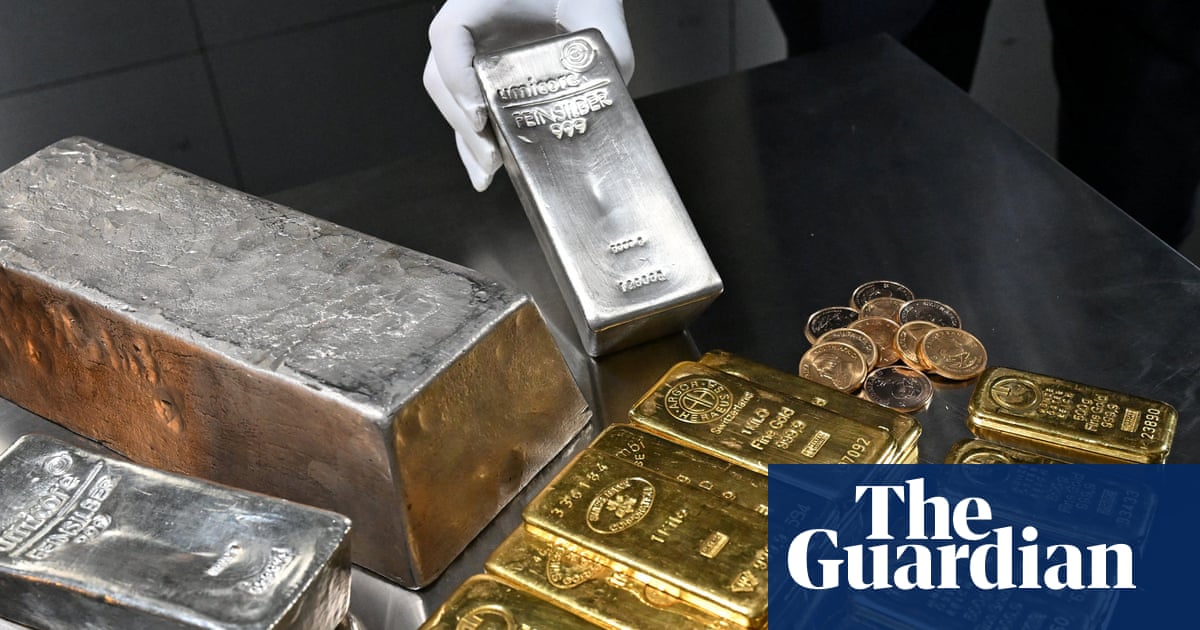One night, late in the last century, I was with some friends walking home in the middle of the night. We were living in Cricklewood, on Shoot-Up Hill – which remains my favourite home address. Anyway, a police car, blue lights a-flashing, came to a halt in front of us. A couple of police officers leapt out and asked us to jump up and down. You what?
They asked us again, but in a tone suggesting it was less of a question than a command. Up and down we jumped until told to stop doing so. The cops thanked us for our trouble and, jumping back into their vehicle, explained they were on the hunt for some lads who’d just robbed an amusement arcade. In the morning we asked each other if this had really happened. And 35 years on, I’ve just asked one of the blokes I was with if it really happened. And it did. I don’t think I’ve rummaged for coins in my pocket since without thinking about this incident.
I have a pocketful of pound coins jangling away right now. Not because I’ve robbed an amusement arcade, though I might have to resort to it. You see, the barrier to the station car park I use bore bad news one morning: the ticket machines wouldn’t be accepting card payments. Cash had been recrowned king. Knowing I’d need to find five pounds, I made arrangements. I withdrew £10 from a cashpoint, paid for a coffee in Greggs with it, and carefully trousered the £5 note for later. It worked.
I did the same the following day, but the machine had now taken against paper money too. Hopelessly, haplessly, I pressed the intercom at the exit barrier and begged for mercy. The barrier rose. But this had changed everything. Cash was king, but the pound coin was now king of kings.
I set about buying things, often things I didn’t really need, just for the pound coins in the change. This car park was council run, which, unfairly perhaps, diminished my faith in the ticket machine trouble being tackled any time soon. I went to a community event, a talk about something, which was interesting enough, but not half as satisfying as the pound coins filling my pockets thanks to the change I’d been given at the door for my £20 note – the only denomination which I’d accidentally on purpose come out with.
But the car park remained coin only, so demand persistently trumped supply. I tipped out the huge jar of miscellaneous change by the door. Therein, it turned out, were the coins of many countries, as well as the odd battery. Most of them, a huge pile, were British. But there were no pound coins. I had a bright idea. In the corner of my local Sainsbury’s there was a coin machine, dispenser, changer, whatever. I’d noticed it for years. Now was its moment. I filled my pockets with all the shrapnel, tightened my belt so my trousers didn’t fall down, and off I went, hoping not to be stopped by police in search of arcade robbers.
I wasn’t, but what I found was almost as odd. This machine is run by a company called Coinstar. I assumed you bunged in your assorted coins and got nice notes, or even (please God) pound coins back. I didn’t think, naively perhaps, that I’d be charged for this service. But it turns out they charge a 39p transaction fee and an 11.75% processing fee if you want cash, or 8.9% if you want to give it to charity. I might be missing something here, but I can’t get my head around this. If you’re frugal enough to horde your small change, why on earth would you pay someone to count it for you? According to Coinstar’s website, in 2019 it processed more than a billion coins in Western Europe alone. I mean, fair play, nice work if you can get it – #SoMoneyPossibilities as it says on the machine – but honestly, what’s wrong with people?
To find out, I’ve been spending too much time loitering around their machines waiting to question potential users. But security staff keep giving me odd looks before anyone turns up. I remain baffled.
As for me, I refuse to take part. I’ve piled my small change into one pound piles by the door and, slowly but surely, spending them where I can.

 2 months ago
43
2 months ago
43

















































